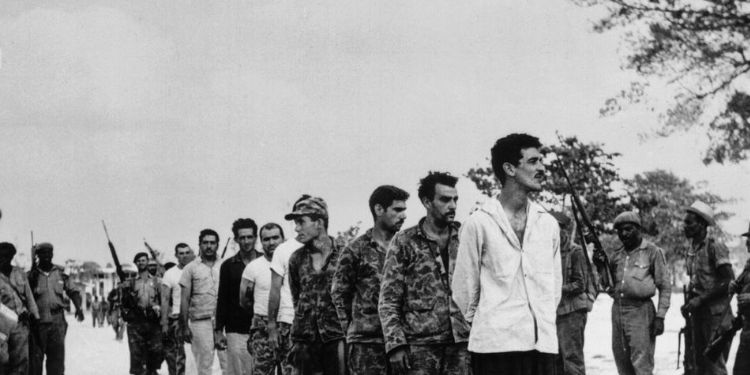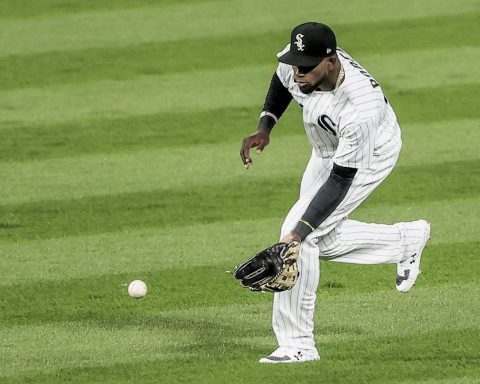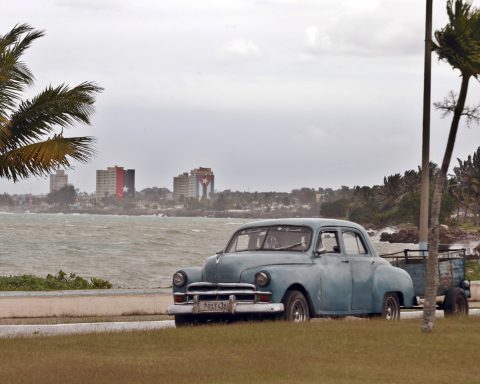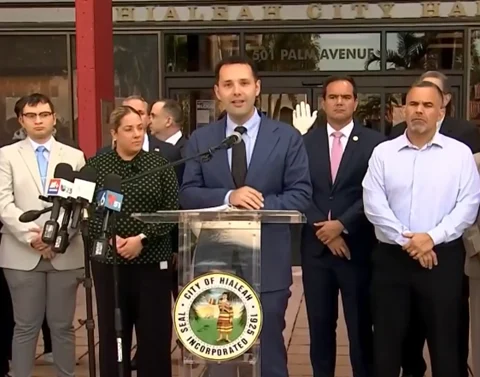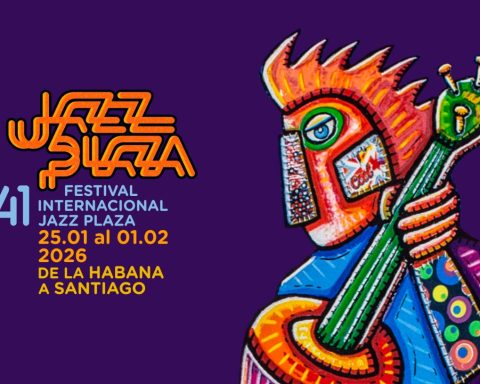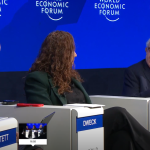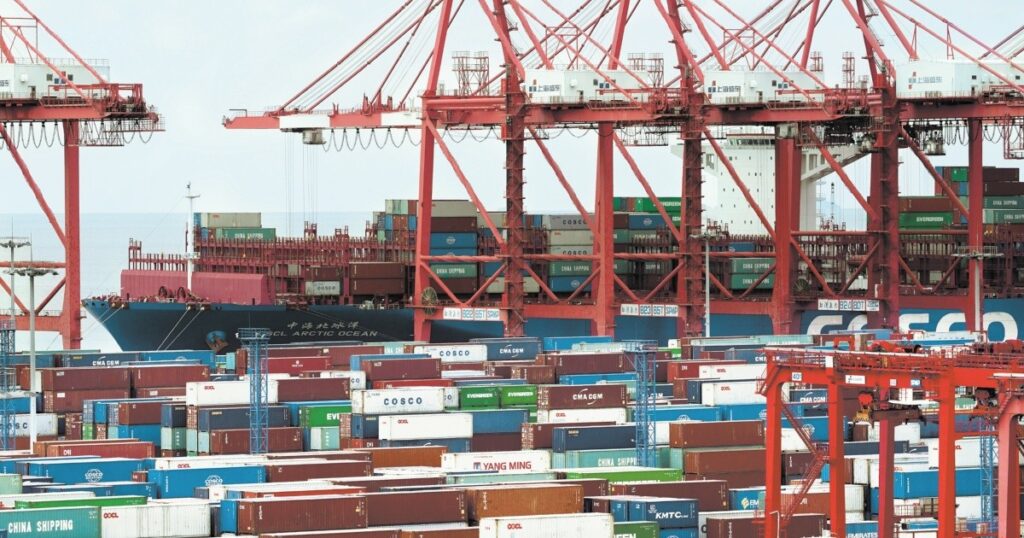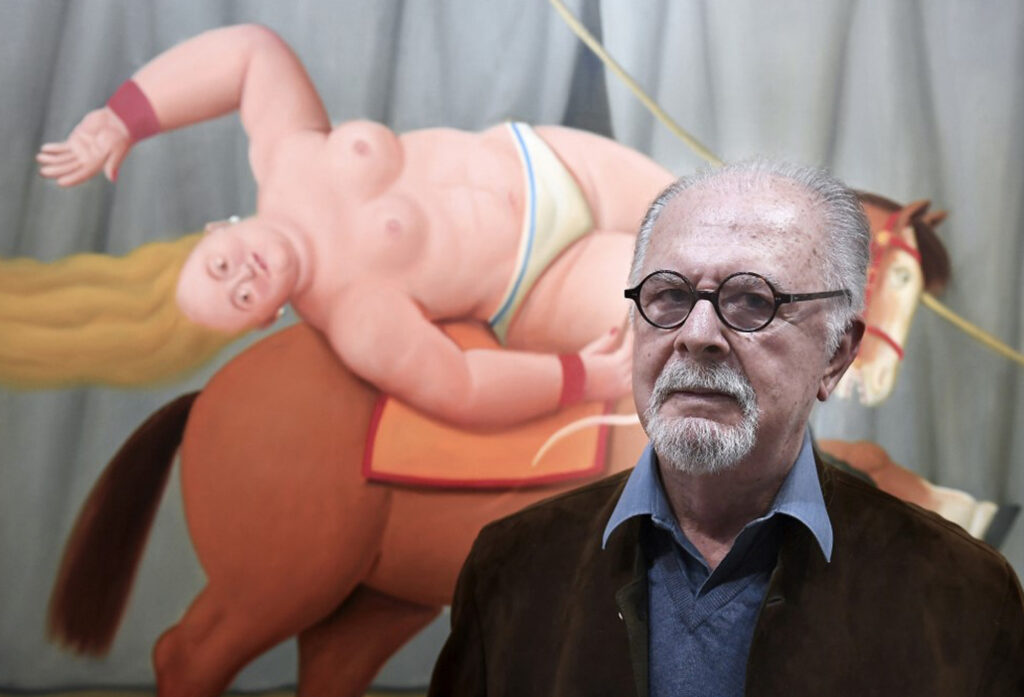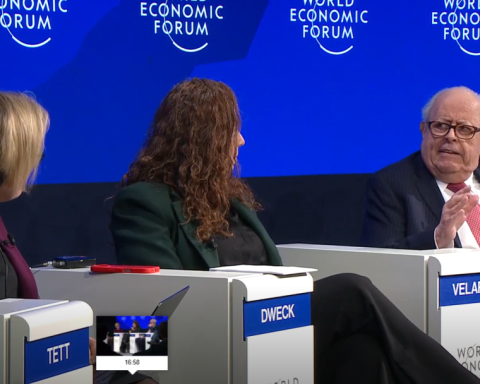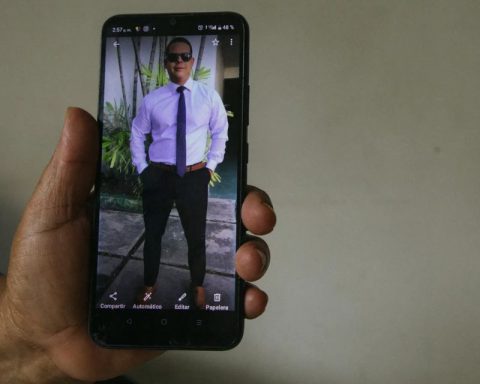Havana Cuba. – The Castro regime each year commemorates with great fanfare the battle of Playa Girón, which occurred between April 17 and 19, 1961, which, without skimping on exaggerations, they describe as “the first defeat of Yankee imperialism in America.”
The Castroists show themselves as if they had faced the Seventh Fleet and the 82nd Airborne Division instead of a brigade of 1,400 poorly trained exiles, and those who – equipped by the Soviets – outnumbered them in weapons, and more than nine times in number of fighters on the ground.
The victory of the Castro forces over the Brigade 2506 at Playa Girón was mainly due to the mistakes and poor coordination of the invasion by the CIA and the hesitations of President John F. Kennedy, who executed without faith and with reluctance the plan inherited from Eisenhower, his predecessor, to overthrow the Fidel Castro’s regime.
Kennedy’s reluctance and disinterest in the invasion was evident when he was consulted on the site chosen for the expeditionary landing and responded with the phrase: “Drop them anywhere” (throw them anywhere).
The chosen site, a point on the muddy coast of the Bay of Pigs, became a trap for the invaders. On top of that, they were deprived of the air support the Americans had promised. Castro’s aviation, which had not been as damaged by the air strikes of April 15 as the planners of the invasion supposed, was able to dominate the skies and machine-gun the invaders at close range, who had been practically abandoned to their fate and those who did not it was possible for them to do more than they did during the nearly 70 hours that the battle lasted.
If Kennedy didn’t trust the CIA plan, if he thought it was doomed to fail, he might as well have done nothing. But, with his laziness, he sent hundreds of men to a butcher shop and gave Fidel Castro a victory, more than all propaganda. That is why many anti-Castroists do not forgive Kennedy and accuse him, having had the opportunity to destroy him, of being to blame for the consolidation of the Castro regime.
Today, with the perspective that 61 years have elapsed, one can, if not excuse, at least better understand the reasons for Kennedy’s hesitation.
Finding himself drawn into growing US involvement in Vietnam, pitted against Khrushchev over the Berlin question, Kennedy underestimated the dangerousness of Fidel Castro. How could he have imagined that little more than a year after Girón, in 1962, Fidel Castro, by encouraging and allowing the deployment of Soviet atomic missiles in Cuba, was going to put the world on the brink of nuclear war?
In the days of Girón, it must have weighed on Kennedy, at the time of deciding to involve the US military forces in an intervention to overthrow the Castro regime, the popular support that he still had at that time, thanks to his demagoguery and its populist promises.
If the 2506 Brigade had managed to establish a beachhead at Playa Girón and install a provisional government that had requested and obtained the intervention of the United States, the Americans would have succeeded in sweeping away the regime of Fidel Castro. But, given the military support of the Soviet Union and the pro-Castro fervor among much of the population, it is likely that they would have had to face strong resistance and engage in carnage. It would not have been remotely as quick and easy as the intervention in Santo Domingo in 1965.
Furthermore, intervening in Cuba would have earned the United States the animosity of many in Latin America and other parts of the world who still idealized the Cuban Revolution.
Doing an exercise of historical speculation, it is easy to deduce that with that intervention, which would have saved us six decades of communist dictatorship, today we would not be mired in this alley of misery, oppression and ignominy from which there seems to be no way out in sight.
But we can also assume that, despite the fact that we would be in a better situation than other Latin American countries (Cuba always was), if the United States had intervened, there would be strong anti-American sentiment among many Cubans and longing for Castroism, for everything he promised, for the paradise he painted for us.
Today there are no longer any doubts about the perversity of Castroism and its followers. The day the nightmare ends, we will take on the task of erasing everything that remains of it, and for all that we suffer, we will never allow it to return.
OPINION ARTICLE
The opinions expressed in this article are the sole responsibility of the issuer and do not necessarily represent the opinion of CubaNet.
Receive information from CubaNet on your cell phone through WhatsApp. Send us a message with the word “CUBA” on the phone +1 (786) 316-2072, You can also subscribe to our electronic newsletter by giving click here.
